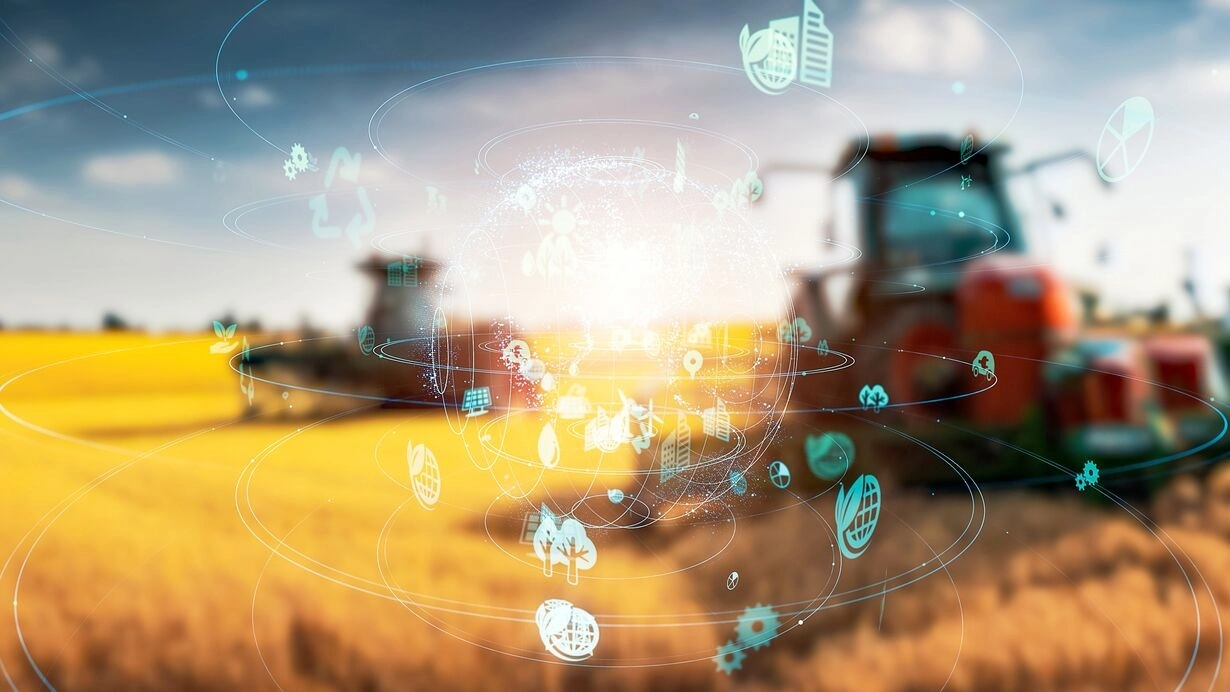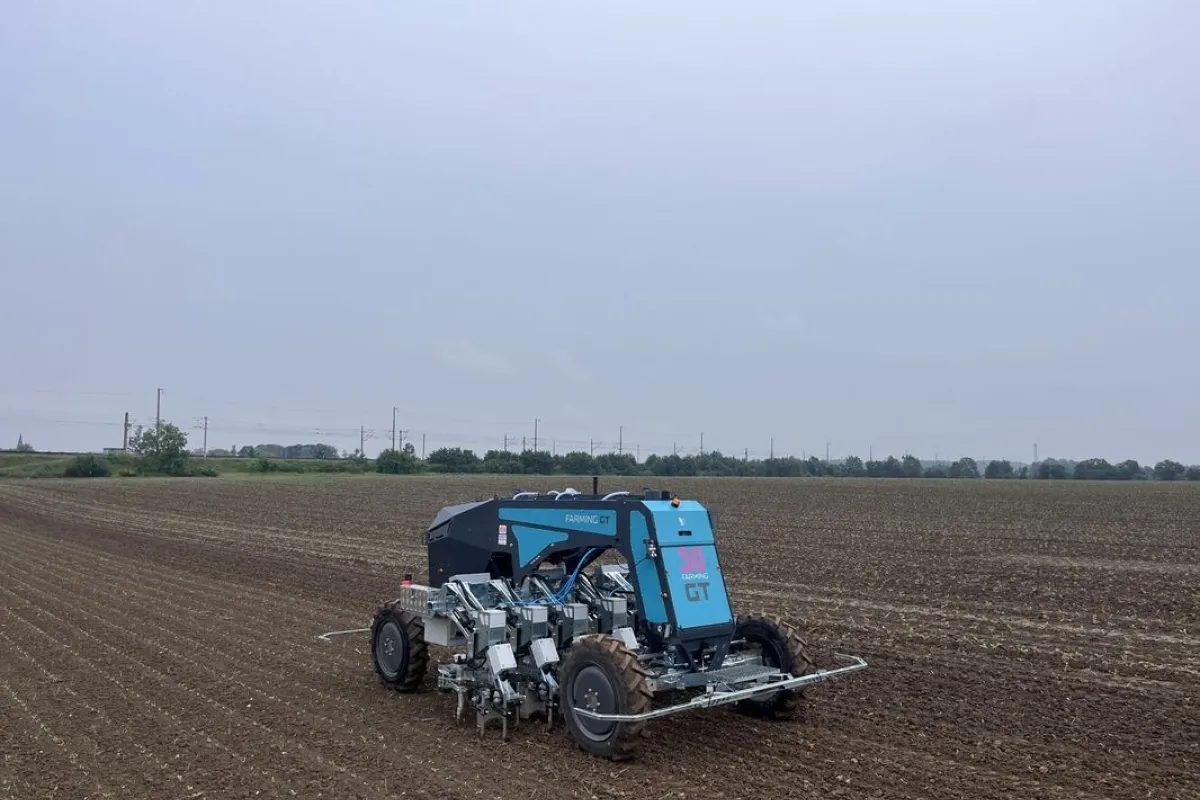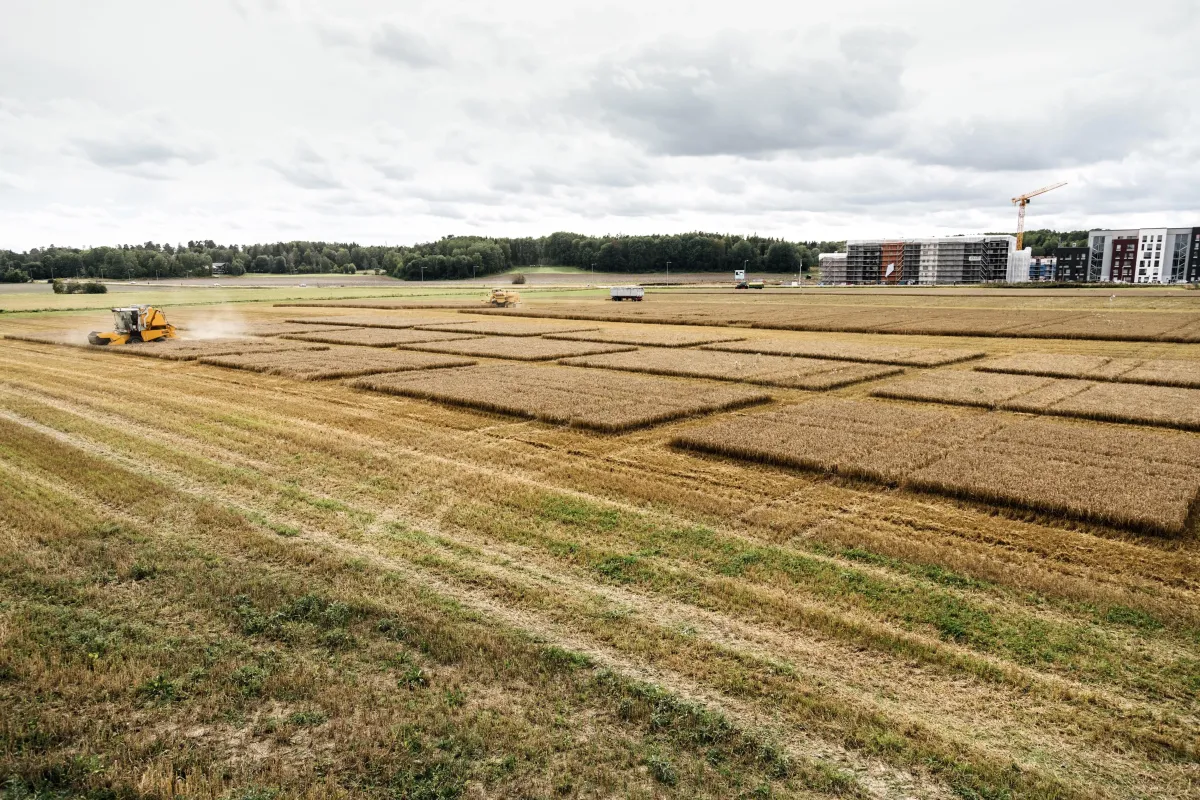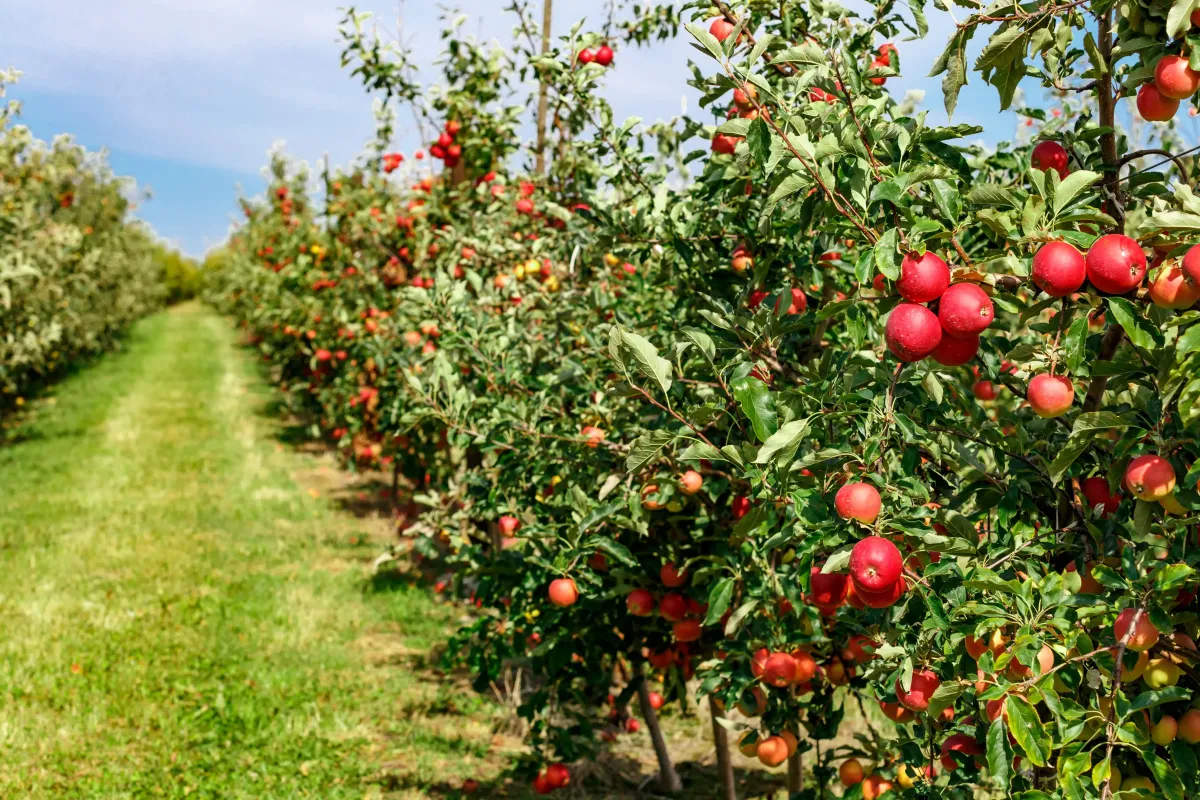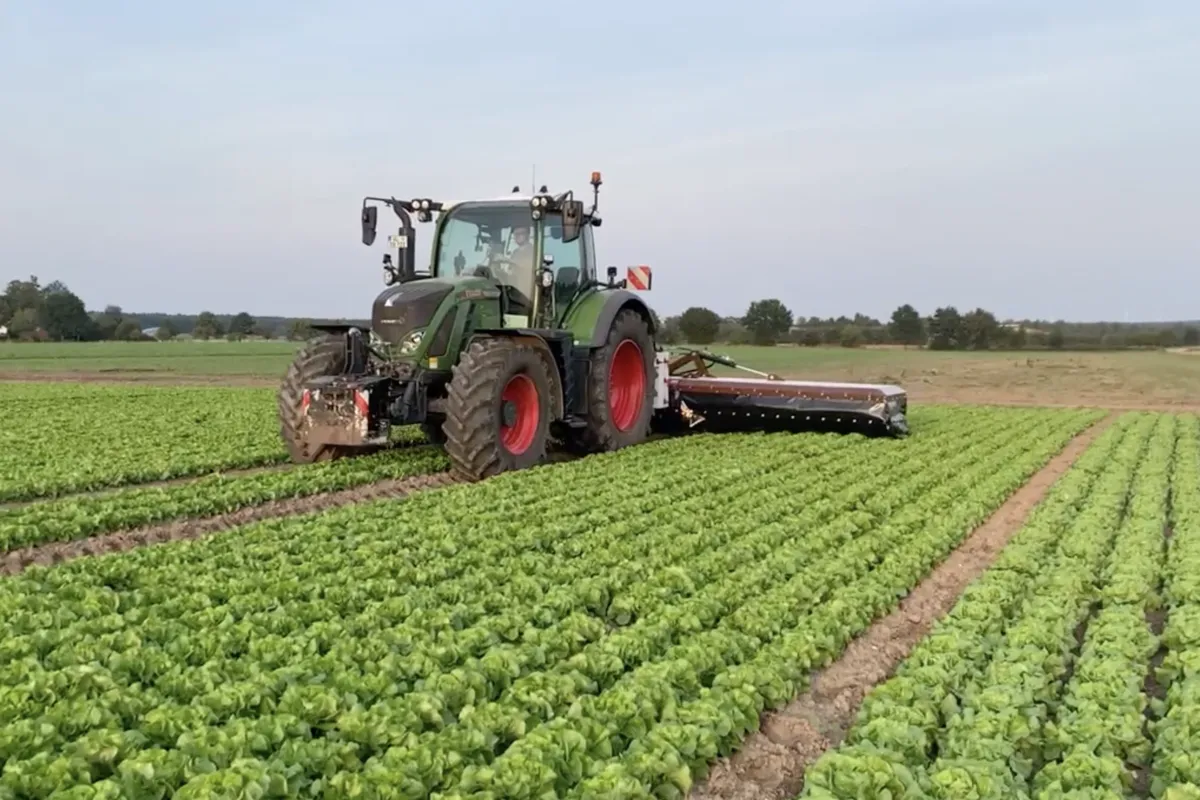
Overview
The SOPHIA infrastructure will offer the possibility to test and evaluate the mobility algorithms embedded on an aerial robot. Mobility algorithms concern the classical robotics functionalities of mapping, localisation, SLAM, and navigation. The aerial robot is equipped with an array of sensors, including a camera, LiDAR, IMU, and RTK-GPS (for ground truth evaluation). The service consists of three main steps. To begin with, the algorithm is evaluated using representative datasets. After that, the algorithm is integrated into a ROS2 architecture and evaluated with the local agrifoodTEF test infrastructure (various areas are possible). The performance of different attributes of the algorithm is evaluated using quantitative and qualitative metrics. Benchmarking could be proposed as a complementary option to position the performance of the proposed algorithm in relation to the current state of the art. The final step involves field testing under real conditions at a specific end-user or customer site using the mobile living lab (which consists of a mobile laboratory deployed in the field and connected to the real robot for monitoring and evaluation purposes).
More about the service
The results will help you determine the reliability of your system and pinpoint its limitations. By identifying these gaps, you can refine and improve your solutions, ensuring better performance and higher efficiency in real-world agricultural settings.
To ensure timely delivery, customers should contact us at least two months in advance. Feasibility may be affected by terrain, weather, and permissions. Customers need to provide clear evaluation criteria and necessary access to ensure smooth execution.
